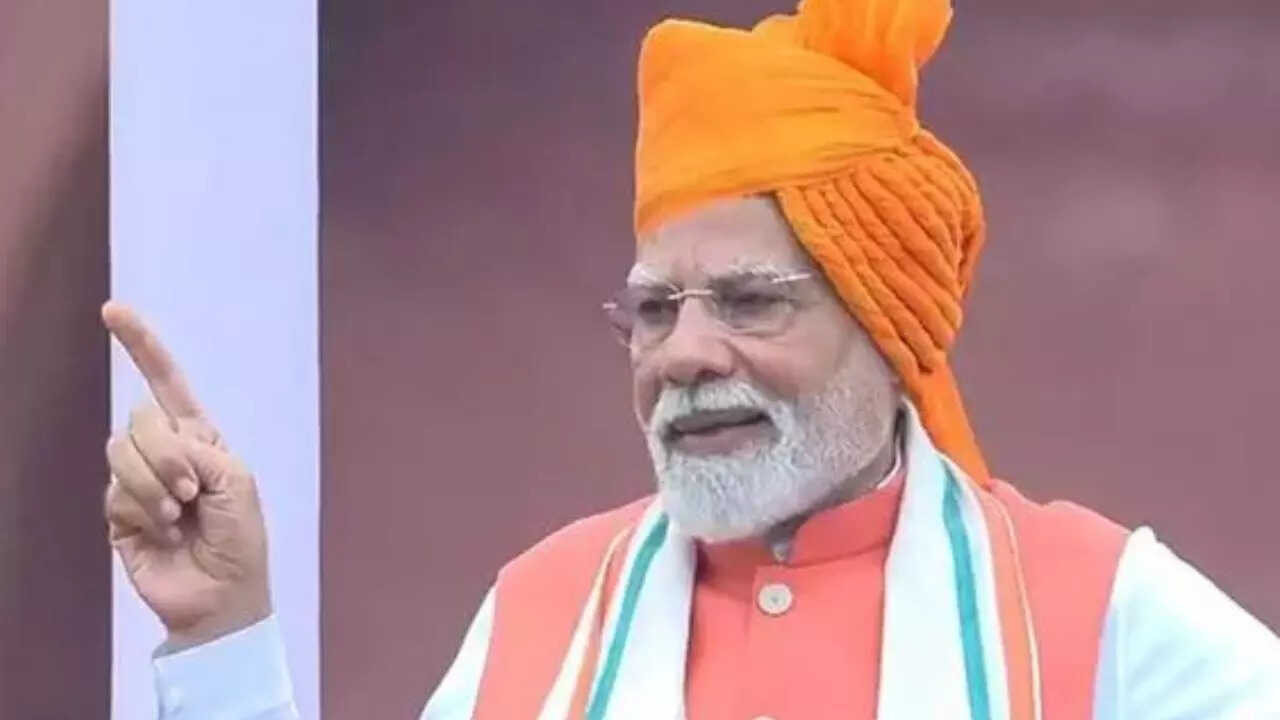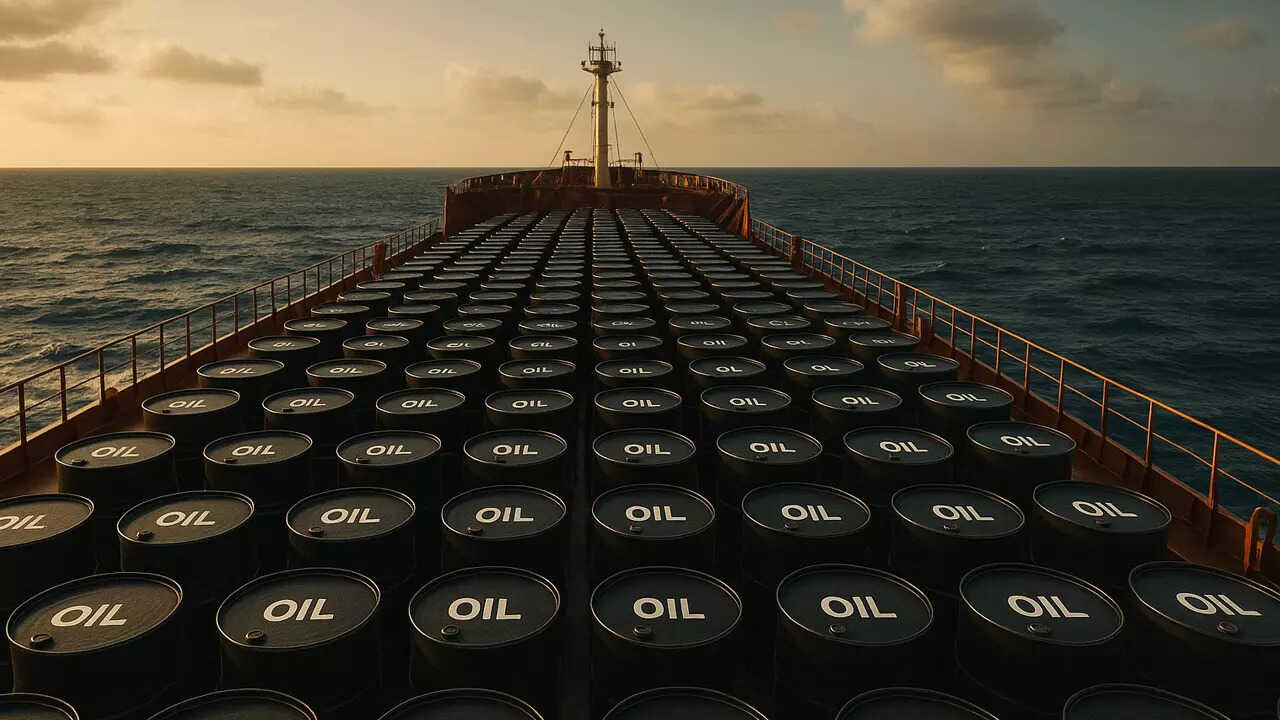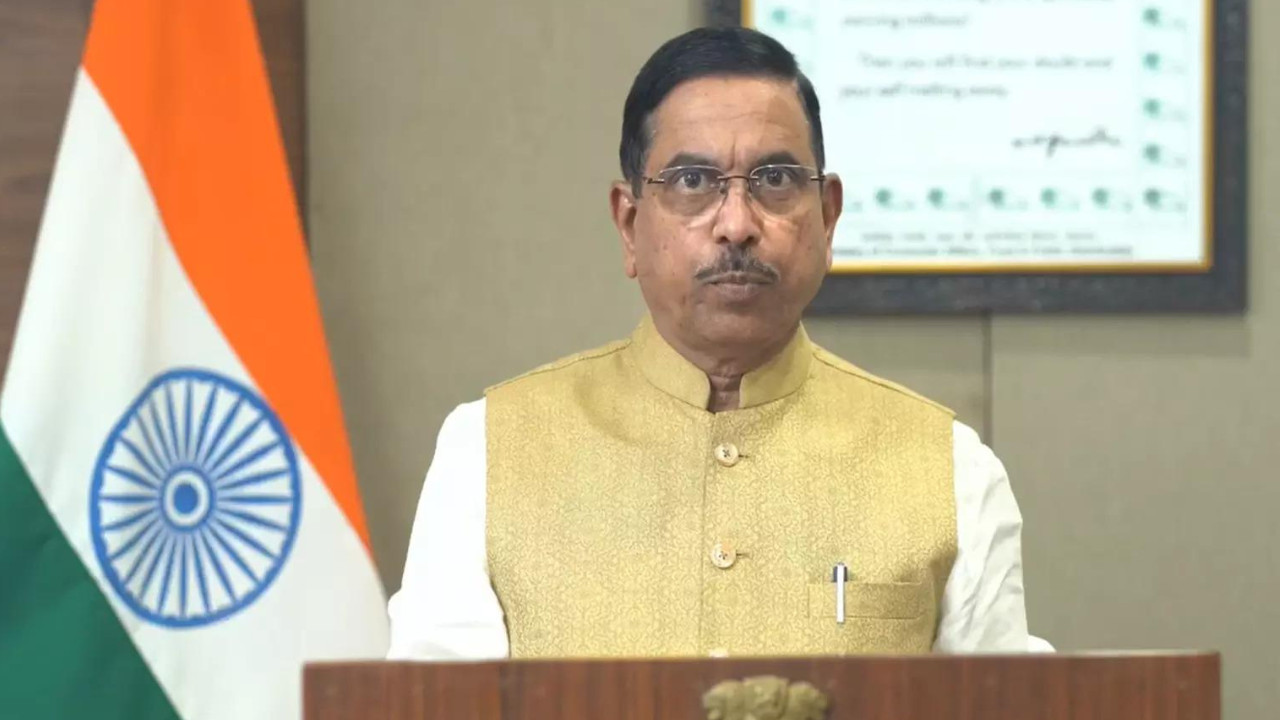Prime Minister Modi announced India’s push for self-sufficiency in critical minerals like lithium and rare earth elements, essential for clean energy and technology. Exploration is underway at over 1,200 sites. He also emphasized reducing reliance on fertilizer imports, urging judicious use and increased domestic production to protect soil health and benefit the nation’s economy.
India’s Quest for Self-Reliance: Digging Deep for Critical Minerals
Prime Minister Modi’s recent Independence Day address wasn’t just a recitation of achievements; it was a call to action, a rallying cry for Atmanirbhar Bharat, a self-reliant India. Beyond the usual fanfare, a crucial message resonated: India needs to drastically reduce its dependence on imports, especially when it comes to critical minerals and fertilizers. It’s a bold ambition, but one that’s increasingly necessary in a world grappling with geopolitical instability and volatile supply chains.
For years, India has relied heavily on other nations for resources vital to its economic growth and strategic autonomy. This dependence leaves the nation vulnerable to price fluctuations, supply disruptions, and even political pressure. Modi’s speech signaled a clear determination to change this narrative. But how does India plan to unearth a new era of resource independence?
The Critical Minerals Conundrum
The global race for critical minerals is heating up. These aren’t your everyday rocks and stones; they’re the unsung heroes powering the green revolution and modern technology. Think lithium for electric vehicle batteries, rare earth elements for wind turbines and electronics, and cobalt for, well, just about everything. India, with its rapidly expanding economy and ambitious renewable energy goals, needs a steady supply of these minerals.

The challenge? India currently imports a significant portion of its critical mineral requirements. This creates a strategic vulnerability, particularly as demand surges and global supply chains become increasingly complex. The Prime Minister’s speech underscored the urgency of exploring and developing domestic sources of these vital resources. This involves not just identifying mineral deposits, but also investing in the infrastructure and technology needed to extract and process them efficiently and sustainably. Discover how India’s space program is contributing to this endeavor with advanced mineral exploration technologies.
Fertilizer Fortification: Nourishing the Nation’s Fields
Beyond powering technology, India also needs to feed its vast population. Agriculture remains a cornerstone of the Indian economy, and fertilizers are essential for boosting crop yields. However, India’s fertilizer sector is also heavily reliant on imports, particularly for phosphate and potash.
Modi urged the nation to pursue self-sufficiency in fertilizer production through initiatives like promoting the use of nano-fertilizers and encouraging the adoption of sustainable agricultural practices. Nano-fertilizers, with their enhanced nutrient efficiency, offer a promising avenue for reducing dependence on traditional fertilizers and minimizing environmental impact. The government is actively promoting research and development in this area, as well as incentivizing farmers to adopt these innovative solutions.
Beyond Production: The Circular Economy Imperative
The quest for self-reliance isn’t just about digging more minerals out of the ground or producing more fertilizers in factories. It’s also about embracing a circular economy, minimizing waste, and maximizing resource utilization. This means investing in recycling technologies, promoting responsible consumption patterns, and developing innovative ways to recover valuable materials from waste streams.
For instance, the government is pushing for the recycling of electronic waste to recover valuable metals like gold, silver, and copper. Similarly, efforts are underway to convert agricultural waste into bio-fertilizers and bio-energy, creating a closed-loop system that reduces reliance on external inputs and promotes environmental sustainability.
A Long and Winding Road
Achieving complete self-reliance in critical minerals and fertilizers won’t be easy. It requires a multi-pronged approach involving government policies, private sector investments, technological innovation, and a fundamental shift in mindset. There are significant hurdles to overcome, including geological challenges, environmental concerns, and the need for skilled labor.
However, the potential rewards are immense. A self-reliant India, secure in its access to essential resources, will be better positioned to pursue its economic and strategic goals on the global stage. It will also be more resilient to external shocks and better equipped to build a sustainable future for its citizens. The roadmap is ambitious, but the destination – a truly Atmanirbhar Bharat – is well worth the journey.
The Future is Resourceful
India’s push for self-reliance in critical minerals and fertilizers signifies a pivotal shift towards a more secure and sustainable future. By prioritizing domestic production, embracing circular economy principles, and investing in innovation, India can mitigate its vulnerabilities and pave the way for a more resilient and prosperous nation. This journey demands unwavering commitment and collaborative efforts from all stakeholders, but the vision of a self-reliant India is now firmly on the horizon.







